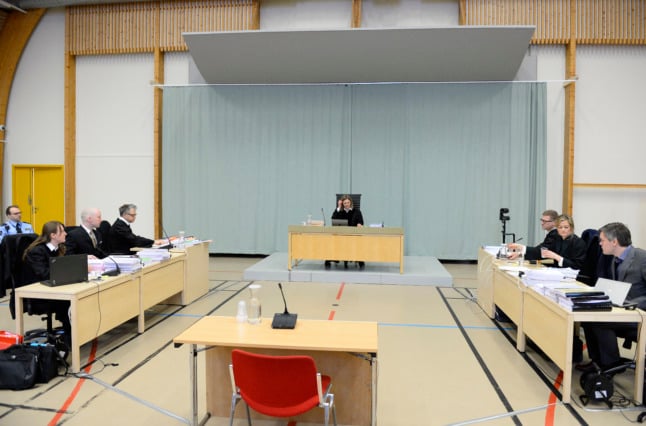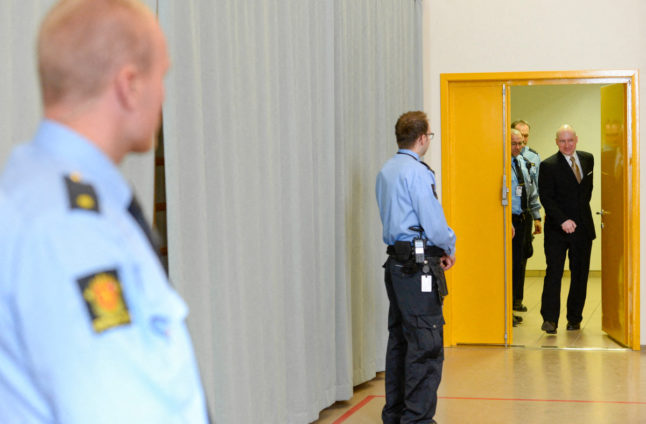“There is a clear risk that (Breivik) will resume the behaviour that led to the July 22nd terrorist attacks,” said the court in Norway’s south-eastern region of Telemark, dismissing his request for conditional early release.
Breivik has never expressed any remorse for the attacks that left 77 people dead, and Tuesday’s ruling was widely expected.
On July 22nd, 2011, the right-wing extremist set off a truck bomb near government offices in Oslo, killing eight people, before heading to the island of Utøya where, disguised as a police officer, he shot dead 69 others, mostly teens, attending a Labour Party youth-wing summer camp.
He said he killed his victims because they embraced multiculturalism.
Now aged 42, Breivik was in 2012 sentenced to 21 years in prison, Norway’s harshest sentence which can be extended as long as he is considered a threat to society.
He was at the time ordered to serve a minimum of 10 years before he could request parole, which he did during a three-day hearing held last month.
While his chance of parole was minimal from the start, Breivik took advantage of his court appearances and the media attention they garnered to spread his ideological propaganda.
READ ALSO: Norwegian court told Breivik as dangerous now as a decade ago



 Please whitelist us to continue reading.
Please whitelist us to continue reading.
Member comments